Why Do Stretch Marks Itch?
Looks like how new or old your stretch marks play a big role in their itching.
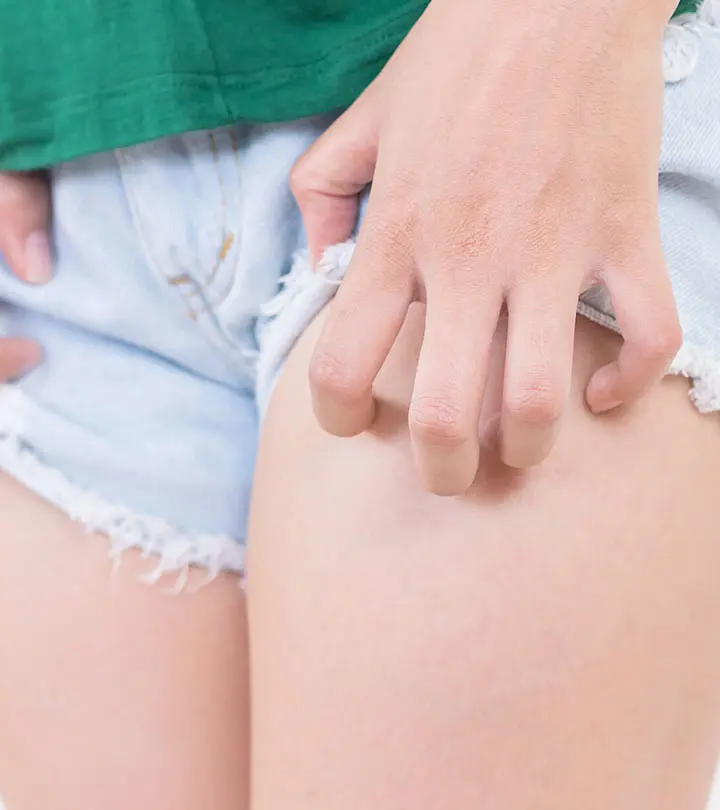
Image: Shutterstock
Stretch marks can only occur on some body parts like the breast, hips, butt, arms, and abdomen. While these marks are harmless and may fade away after some time, some people struggle with the question: why do stretch marks itch? Rest assured, the itch is as natural and normal as the marks. Itchy stretch marks can stem from hormonal fluctuations during puberty or pregnancy, rapid weight gain or loss, or even underlying skin conditions. Dry skin can exacerbate the itchiness, making it even more uncomfortable. Individuals can take effective steps to alleviate the discomfort and potentially minimize the appearance of stretch marks by identifying the root cause. In this article, we explained why stretch marks itch and how to treat these itchy marks. Continue reading.
In This Article
Itchy Stretch Marks: What Are The Causes?
Before we answer the question, ‘Why do stretch marks itch?’ let’s talk more about their appearance and occurrence first.
You develop stretch marks when your skin stretches beyond its capacity, causing tears in the dermis (the second layer of skin right below the epidermis).
When the stretch marks are fresh and developing, they appear red, purple, or pinkish (depending on your skin tone). That’s when they itch.
Fresh stretch marks itch because the skin is thinner and has less collagen support. Moreover, dermal tear also harms the nerves and creates inflammation in the skin, which causes itching. Once the skin starts healing, the damaged nerves are stimulated, which causes the itching sensation.
Another factor that can contribute to itchiness in stretch marks is a decrease in elastin, which is a protein responsible for maintaining the skin’s elasticity. Elastin allows the skin to stretch and bounce back to its original shape. However, when the skin stretches excessively, it can cause a breakdown of elastin fibers, leading to decreased elasticity and potentially causing itching.
Also, if the skin around the stretch marks becomes dry, it may cause itching. In such cases, topical moisturizers can offer some relief. However, you have to be particularly careful when you develop itchy stretch marks on your abdomen during pregnancy.
Key Takeaways
- A decrease in the protein elastin and pregnancy can lead to itchy skin and dryness.
- Ingredients such as coconut oil, olive oil, and cocoa butter can help improve skin elasticity and reduce inflammation and itching associated with stretch marks.
- Use moisturizers regularly and get oil massages to reduce itchiness and dryness.
Itchy Stretch Marks During Pregnancy

Stretch marks often develop during late pregnancy, when the baby is growing, and the skin on your abdomen stretches to accommodate the baby. Usually, you may develop stretch marks during the second trimester. Some may even notice them at the end of the third trimester.
During this time, the reddish or purple stretch marks and the skin around them may itch. This is because the skin becomes thin and sensitive and may feel itchy.
Natalie, a graduate nurse and blogger, narrates her experience of combating itchy stretch marks after her pregnancy in one of her blog posts: “I used Benadryl (aka diphenhydramine) to help with the itching. Honestly, it did help a little but it wasn’t enough on its own (i).” She adds, “Ice packs helped to numb the area for immediate relief, but a nice cold shower worked just as well.”
However, some women may also develop a type of rash called the Pruritic Urticarial Papules And Plaques Of Pregnancy (PUPPP). This is the most common type of rashes that pregnant women develop during the third trimester of their pregnancy (almost at the same time as they develop stretch marks) (1).
PUPPP is an inflammatory skin condition, and if it develops on the stretch marks, it can add on to the itchiness and cause extreme discomfort. The doctor may prescribe topical corticosteroidsi A class of anti-inflammatory medicine used to provide relief for asthma, allergies, and inflammatory bowel diseases. and oral antihistaminesi A class of drugs that are commonly used to relieve symptoms of hives, conjunctivitis, hives, and insect bites. for treatment.
Hence, it is better to be on the safe side if you are pregnant and get your skin evaluated by a doctor in case you develop an itch.
If your itchiness is caused due to the developing stretch marks and the dryness around them, here are a few ways to control it.
How To Treat Itchy Stretch Marks
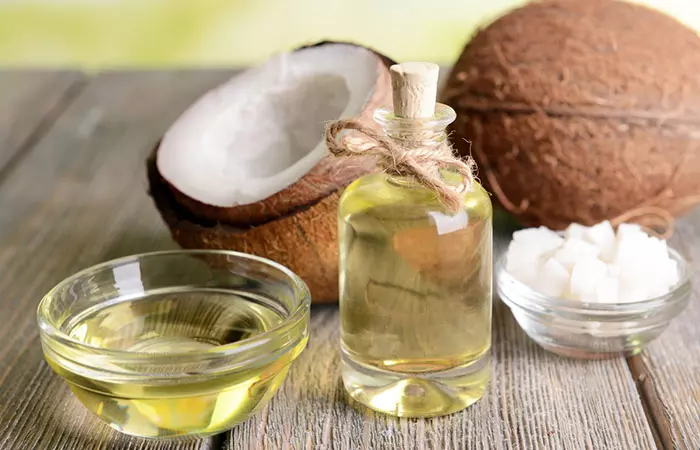
Keeping the area moisturized while stretch marks are developing is important. Moisturization not only helps fade them but also relieves itching by reducing dryness (2). Here are a few things you may try:
1. Cocoa Butter
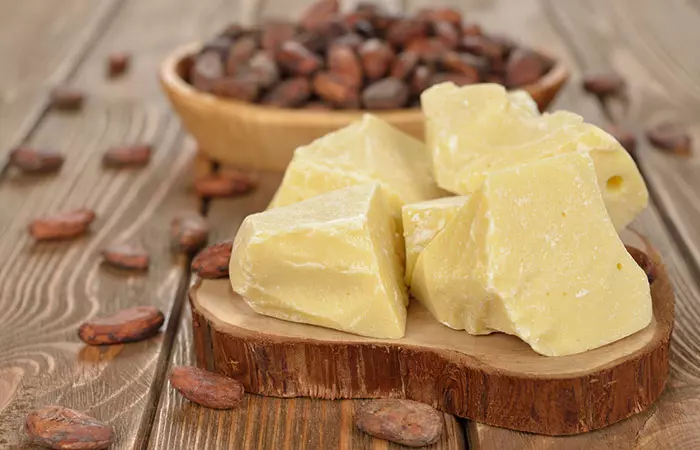
There is a lack of evidence supporting the use of cocoa butter as an effective skin moisturizer. However, one small study suggests that cocoa butter can improve skin elasticity (3).
It is also widely used in cosmetic formulations, especially in moisturizing lotions, for its skin moisturizing abilities. You may try massaging the area with cocoa butter to keep the skin moisturized and prevent itching.
2. Coconut Oil
Virgin coconut oil is widely used in traditional medicine for healing several skin issues. It is an excellent moisturizer that helps to reduce inflammation by improving the transepidermal water loss and skin barrier function. It also helps to keep the skin hydrated and moisturized (4). This property may also help to fade the stretch marks.
3. Vitamin E Oil
Vitamin E oil (the liquid squeezed from the softgels) is an extremely popular home remedy to keep the skin moisturized. However, there is no scientific proof of its moisturizing effects. Vitamin E is a potent antioxidant and can keep the skin healthy (5).
4. Olive Oil
Olive oil has been used in skin and hair products in several cultures and is an excellent remedy for treating inflammation. The phenolic content in olive oil exhibits anti-inflammatory activity, which may reduce oxidative damage and promote dermal reconstruction. This may help improve the skin barrier and accelerate tissue regeneration to help reduce the itch caused by stretch marks (6). A study conducted on 156 pregnant women found that applying olive oil twice a day may help reduce the severity and prevent the progression of stretch marks when used from the third trimester till the child’s birth (7).
In addition to the above-mentioned ingredients, you may also use almond and jojoba oils or moisturizing creams. Apply ice or use cold (refrigerated) calamine lotion to relieve itching.
You may also consult a dermatologist. They may suggest anti-itch ointments and topical creams or lotions to keep itching at bay. Here are some more tips that may help reduce itching on your stretch marks.
A Few Tips To Prevent Itchy Stretch Marks
1. Apply Moisturizers Frequently
It is crucial to keep your skin moisturized. You may layer both creams and moisturizers for intense hydration. Apply moisturizers at least thrice a day, always on damp skin. This will help prevent dryness.
 Quick Tip
Quick Tip2. Go For Oil Massages

Massaging the stretch marks with oil can help reduce itchiness. It also helps improve elasticity and hydration levels of your skin. Oil massages during pregnancy not only keep the skin healthy and fade stretch marks but also help relieve pregnancy-related stress and anxiety.
However, always consult a doctor before massaging your abdomen. Also, be mindful of the pressure that is being applied.
 Quick Tip
Quick Tip3. Use A Moisturizing Cleanser For Shower
Avoid soaps for bathing as they may make your skin dry.
Use moisturizing body washes. This will help prevent the tightness or dryness of your skin. Also, use lukewarm water for showers.
4. Use Topical Ointments And Creams For Itchy Stretch Marks
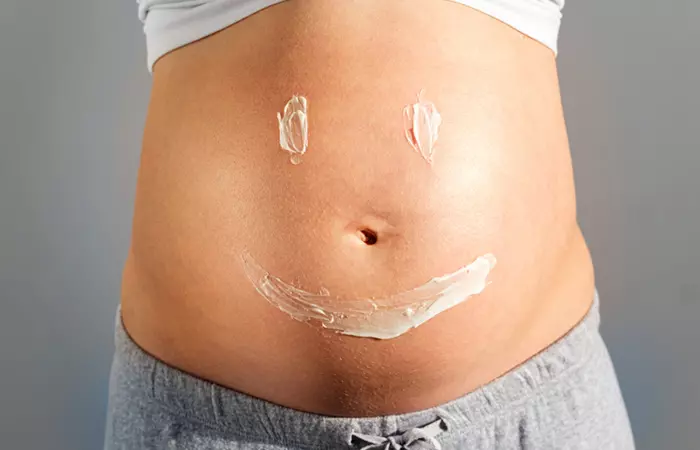
If your doctor has recommended any anti-itch cream or ointment, make it a point to apply it regularly and as directed.
Usually, you get stretch marks:
- when you lose or gain weight rapidly
- during puberty
- if you are weight training for building muscle mass
- if you have a family history of stretch marks
- if you have certain medical conditions (like Marfan’s syndromei An inherited or genetic disorder that affects the connective tissue in many parts of the body (heart, bones, eyes, and blood vessels). , Cushing syndromei A hormonal disorder that occurs when the body makes too much cortisol (the body’s main stress hormone). , and Ehlers-Danlos syndromei A group of genetic connective-tissue disorders that mostly affects the skin, blood vessels, and joints. ).
Stretch marks can be itchy because they are fresh, and the skin is thinner with less collagen support. In some cases, the skin around stretch marks also becomes dry, resulting in itchiness. One of the best ways to manage this itchiness is moisturization. You may moisturize your skin with cocoa butter, coconut oil, or vitamin E oil. In addition, use topical ointments and creams to soothe itchy stretch marks. However, if you have itchy stretch marks during pregnancy and weight gain, it is better to consult your doctor before trying any of these remedies.
Infographic: Causes Of Itchy Stretch Marks + Treatment Options
Stretch marks most commonly develop on the breasts, hips, butt, stomach, and arms. While they fade away with time, some may start itching and cause discomfort. So, if you are interested in learning about the reasons for itchy stretch marks and how to treat them, check out this infographic to know more!

Illustration: StyleCraze Design Team
Frequently Asked Questions
Does itching make stretch marks worse?
Scratching the itching area may make the stretch marks worse. The stretch marks may deepen and leave behind scars.
Does an itchy belly signify stretch marks?
An itchy belly does not necessarily signify stretch marks. However, you may start your stretch mark prevention routine if your belly starts itching. Also, pregnant people often experience an itchy belly when the skin starts adapting to the growing baby inside.
How to prevent stretch marks?
Maintaining a balanced diet and a healthy weight, staying physically active, drinking plenty of water, keeping the skin well-moisturized, and using sunscreen daily can keep the skin healthy and reduce the risk of stretch marks. Apart from these, explore more tips on how to prevent stretch marks and follow the tips if you are at risk of developing them.
Is aloe vera good for itchy stretch marks?
Yes, aloe vera can help soothe itchy stretch marks. It contains anti-inflammatory and moisturizing properties that may help reduce itchiness and inflammation associated with stretch marks. However, perform a patch test before using aloe vera and stop using it immediately if you experience any adverse reactions. Consult a dermatologist in case of severe itchiness or other issues.
How long does the itching associated with stretch marks last?
The duration of itching associated with stretch marks varies from person to person. In some cases, the itching may last only a few days or weeks, while it may persist for several months in others. Consult a dermatologist if the itching associated with stretch marks is severe or persists for an extended period.
Illustration: Itchy Stretch Marks: Causes Treatment & Prevention
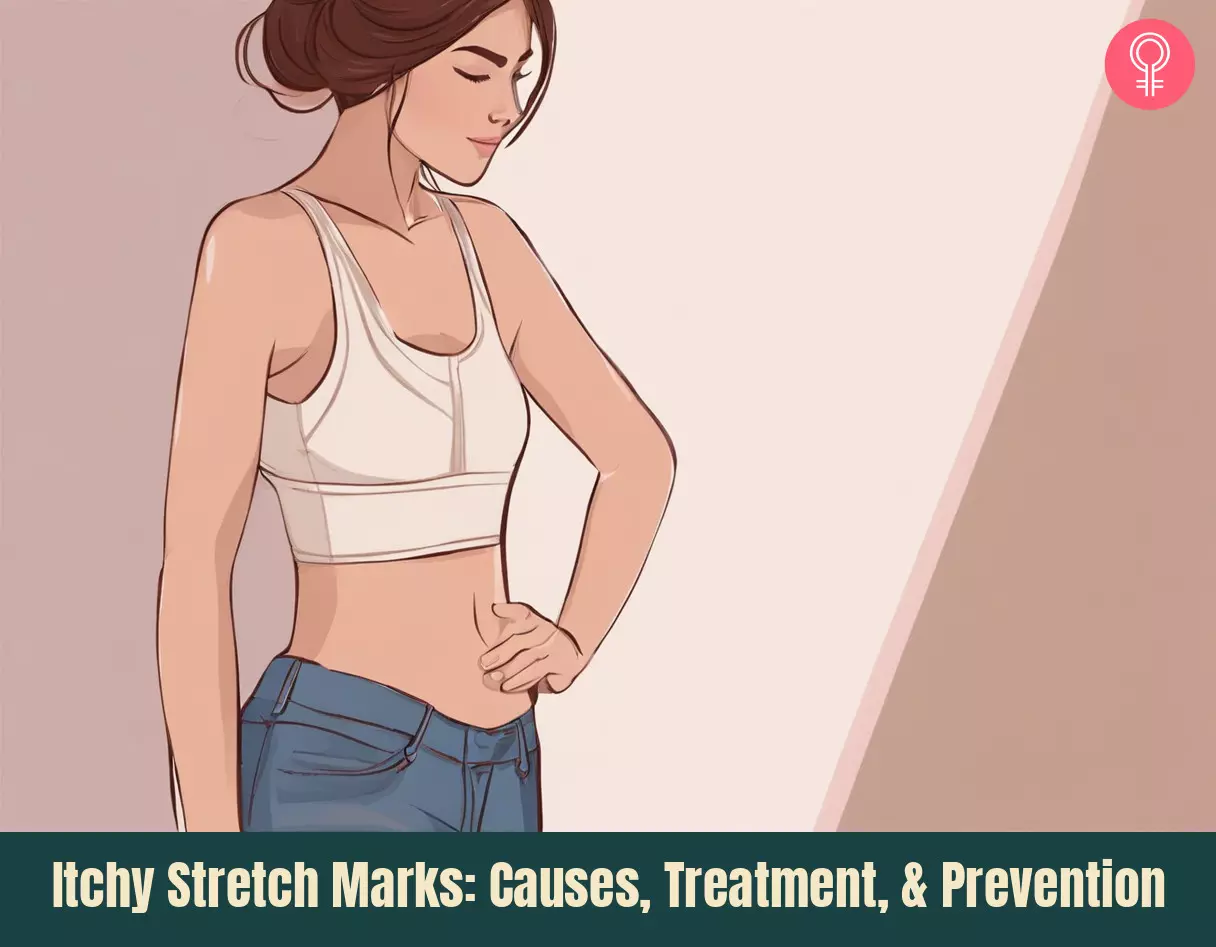
Image: Stable Diffusion/StyleCraze Design Team
References
Articles on StyleCraze are backed by verified information from peer-reviewed and academic research papers, reputed organizations, research institutions, and medical associations to ensure accuracy and relevance. Read our editorial policy to learn more.
- Chouk, Chourouk, and Noureddine Litaiem. “Pruritic Urticarial Papules And Plaques Of Pregnancy (PUPPP).” StatPearls [Internet]. StatPearls Publishing, 2019.
https://www.ncbi.nlm.nih.gov/books/NBK539700/ - Wollina, Uwe, and Alberto Goldman. “Management of stretch marks (with a focus on striae rubrae).” Journal of cutaneous and aesthetic surgery 10.3 (2017): 124.
https://www.ncbi.nlm.nih.gov/pmc/articles/PMC5782435/ - Gasser, P., et al. “Cocoa polyphenols and their influence on parameters involved in ex vivo skin restructuring.” International journal of cosmetic science 30.5 (2008): 339-345.
https://onlinelibrary.wiley.com/doi/abs/10.1111/j.1468-2494.2008.00457.x - Varma, Sandeep R., et al. “In vitro anti-inflammatory and skin protective properties of Virgin coconut oil.” Journal of traditional and complementary medicine 9.1 (2019): 5-14.
https://www.ncbi.nlm.nih.gov/pmc/articles/PMC6335493/ - Keen, Mohammad Abid, and Iffat Hassan. “Vitamin E in dermatology.” Indian dermatology online journal 7.4 (2016): 311.
https://www.ncbi.nlm.nih.gov/pmc/articles/PMC4976416/ - Lin TK, Zhong L, Santiago JL. “Anti-Inflammatory and Skin Barrier Repair Effects of Topical Application of Some Plant Oils.” International journal of molecular sciences 2018 Jan; 19(1): 70.
https://www.ncbi.nlm.nih.gov/pmc/articles/PMC5796020/ - Solt Kırca A, Kanza Gül D. “Effects of Olive Oil on Striae Gravidarum in Primiparous Women: A Randomized Controlled Clinical Study.” Alternative therapies in health and medicine 2022 May;28(4):34-39.
https://pubmed.ncbi.nlm.nih.gov/34559686/
- Chouk, Chourouk, and Noureddine Litaiem. “Pruritic Urticarial Papules And Plaques Of Pregnancy (PUPPP).” StatPearls [Internet]. StatPearls Publishing, 2019.
- Chouk, Chourouk, and Noureddine Litaiem. “Pruritic Urticarial Papules And Plaques Of Pregnancy (PUPPP).” StatPearls [Internet]. StatPearls Publishing, 2019.
https://www.ncbi.nlm.nih.gov/books/NBK539700/ - Wollina, Uwe, and Alberto Goldman. “Management of stretch marks (with a focus on striae rubrae).” Journal of cutaneous and aesthetic surgery 10.3 (2017): 124.
https://www.ncbi.nlm.nih.gov/pmc/articles/PMC5782435/ - Gasser, P., et al. “Cocoa polyphenols and their influence on parameters involved in ex vivo skin restructuring.” International journal of cosmetic science 30.5 (2008): 339-345.
https://onlinelibrary.wiley.com/doi/abs/10.1111/j.1468-2494.2008.00457.x - Varma, Sandeep R., et al. “In vitro anti-inflammatory and skin protective properties of Virgin coconut oil.” Journal of traditional and complementary medicine 9.1 (2019): 5-14.
https://www.ncbi.nlm.nih.gov/pmc/articles/PMC6335493/ - Keen, Mohammad Abid, and Iffat Hassan. “Vitamin E in dermatology.” Indian dermatology online journal 7.4 (2016): 311.
https://www.ncbi.nlm.nih.gov/pmc/articles/PMC4976416/ - Lin TK, Zhong L, Santiago JL. “Anti-Inflammatory and Skin Barrier Repair Effects of Topical Application of Some Plant Oils.” International journal of molecular sciences 2018 Jan; 19(1): 70.
https://www.ncbi.nlm.nih.gov/pmc/articles/PMC5796020/ - Solt Kırca A, Kanza Gül D. “Effects of Olive Oil on Striae Gravidarum in Primiparous Women: A Randomized Controlled Clinical Study.” Alternative therapies in health and medicine 2022 May;28(4):34-39.
https://pubmed.ncbi.nlm.nih.gov/34559686/
Read full bio of Dr. Swati Mutha
Read full bio of Ramona Sinha
Read full bio of Anjali Sayee
Read full bio of Shiboli Chakraborti






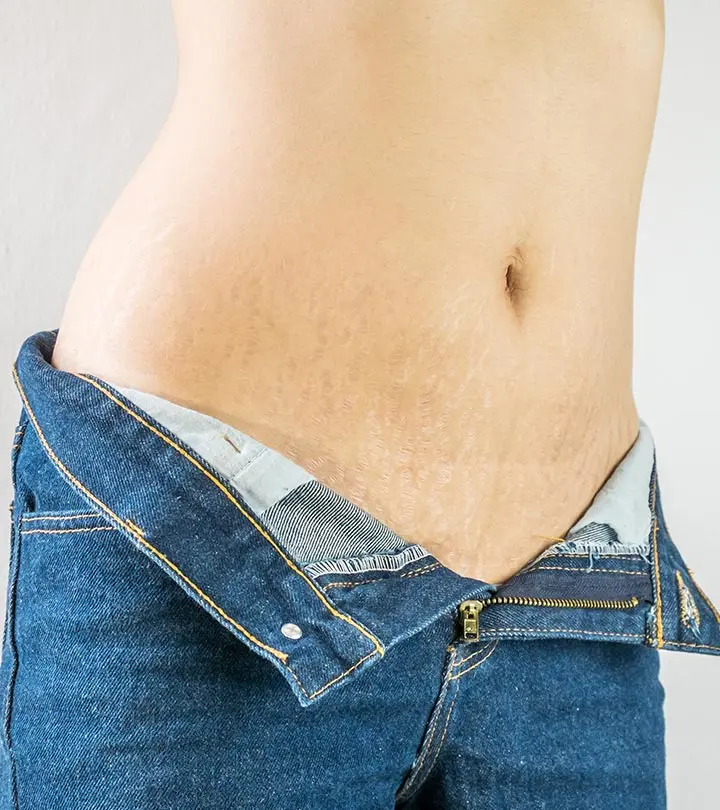
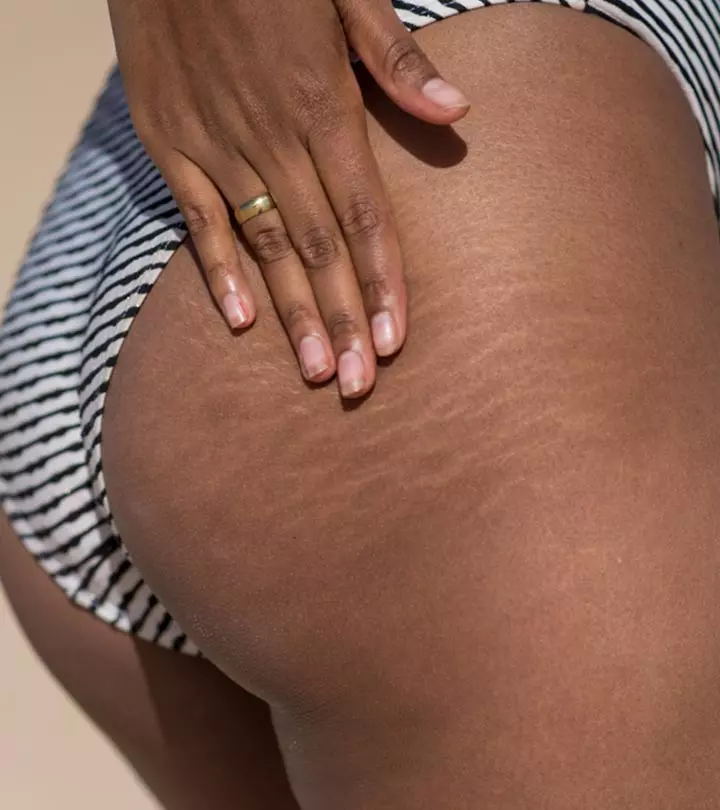
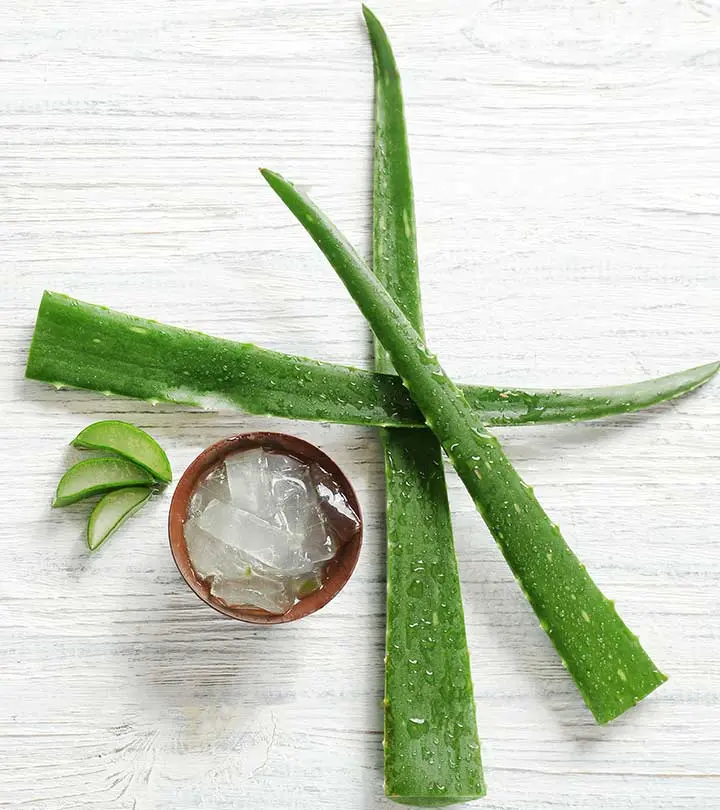


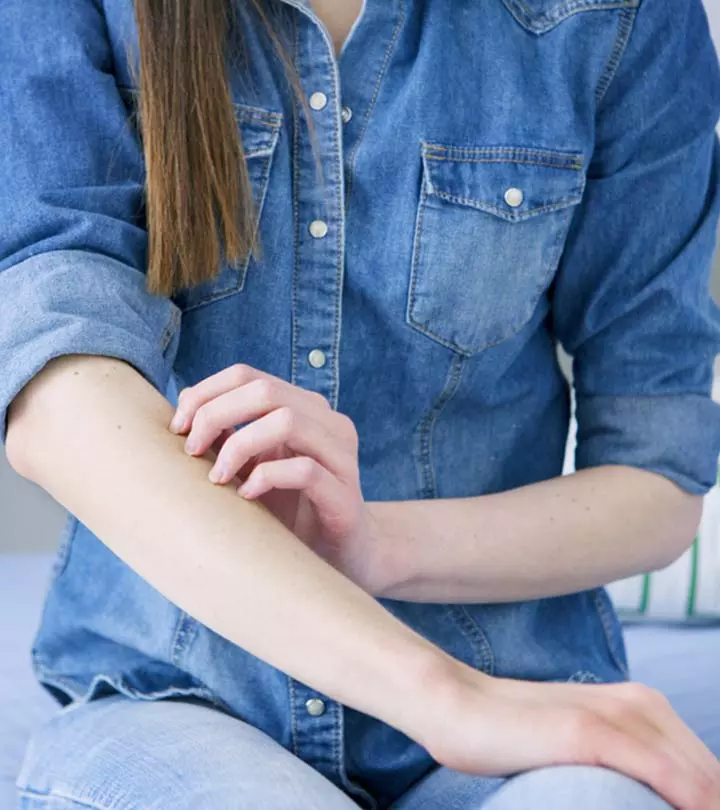

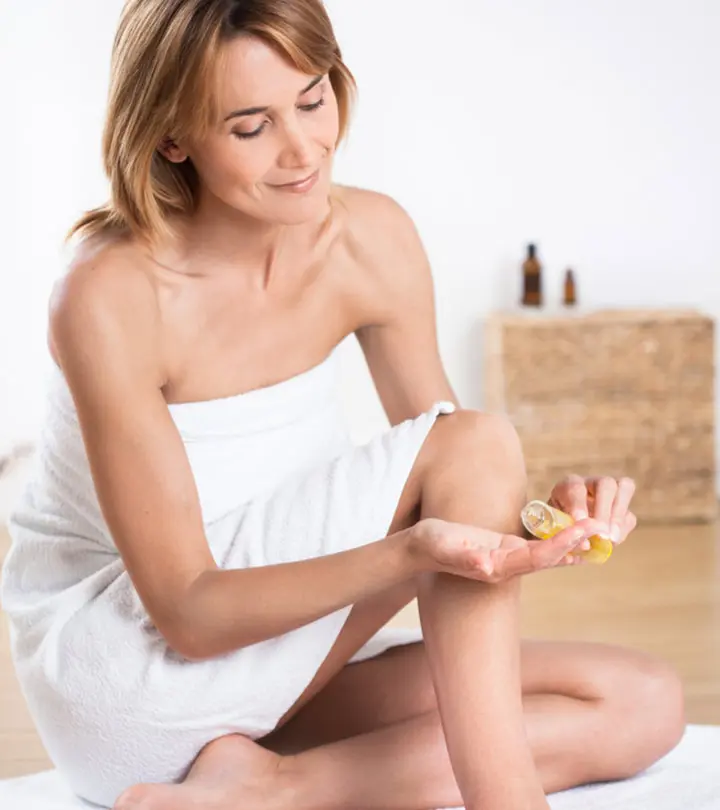

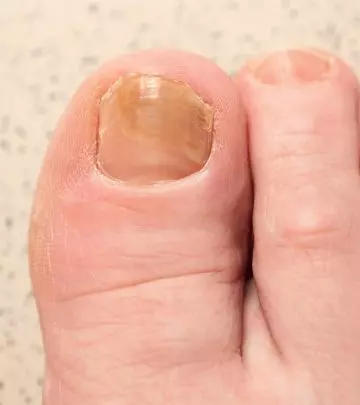

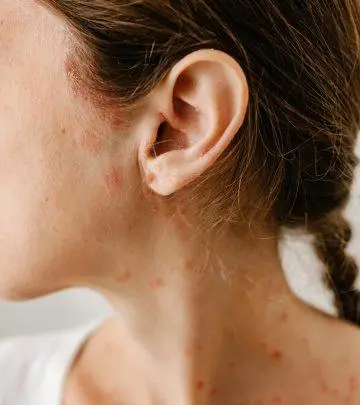
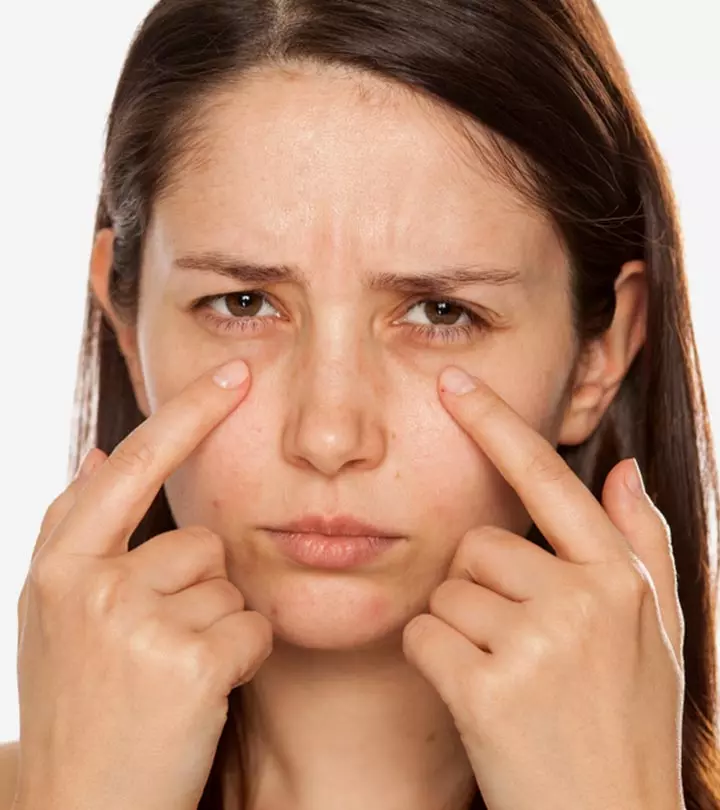
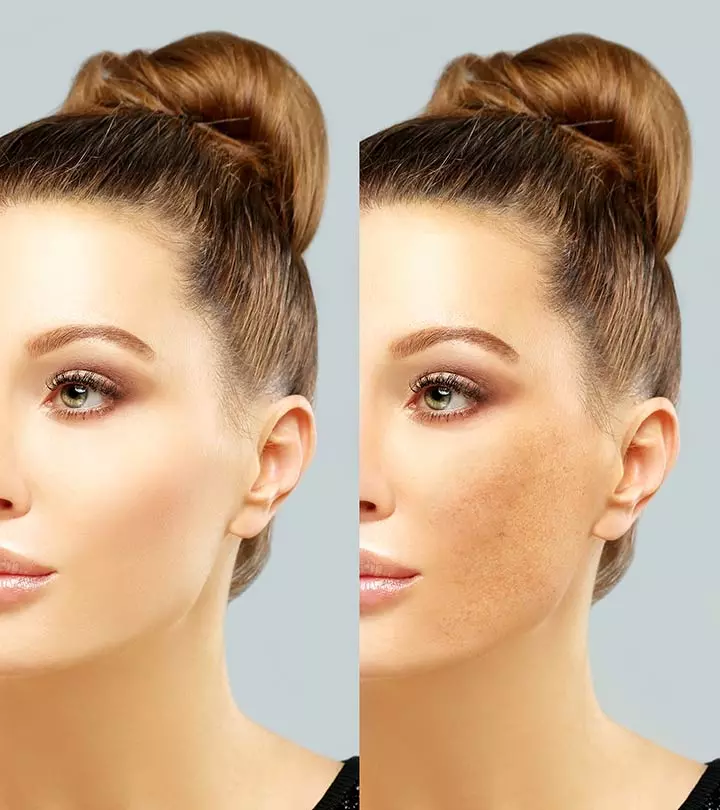
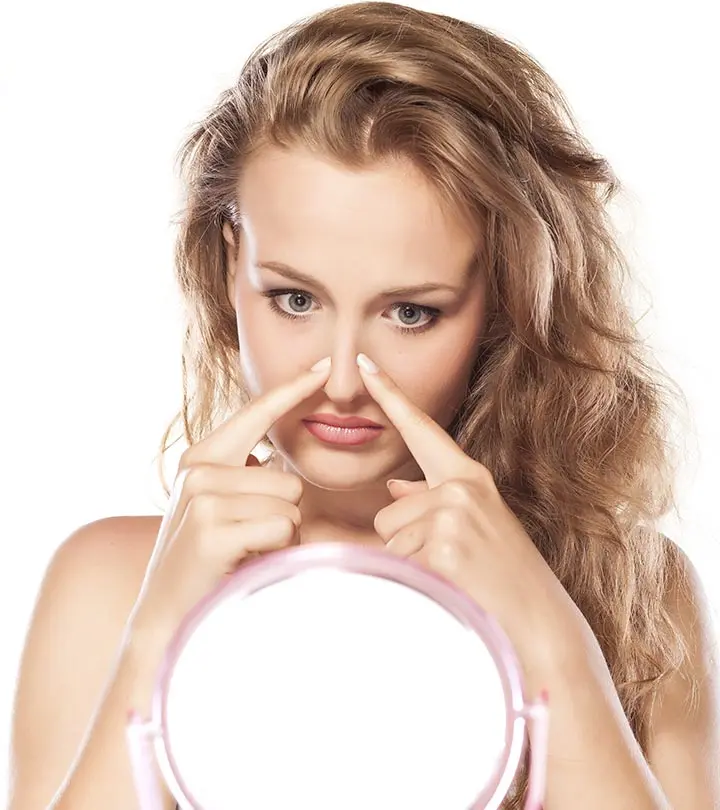
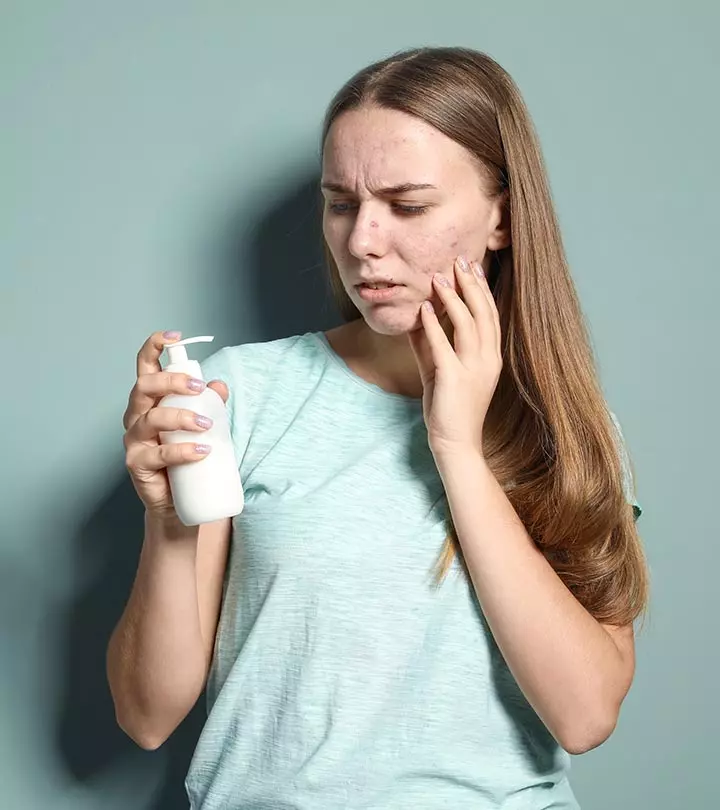
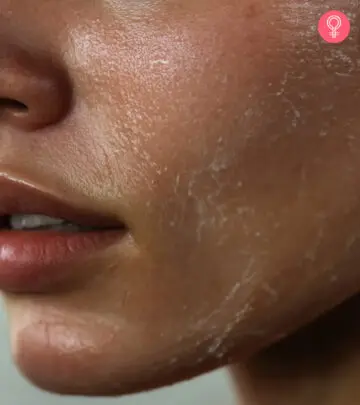
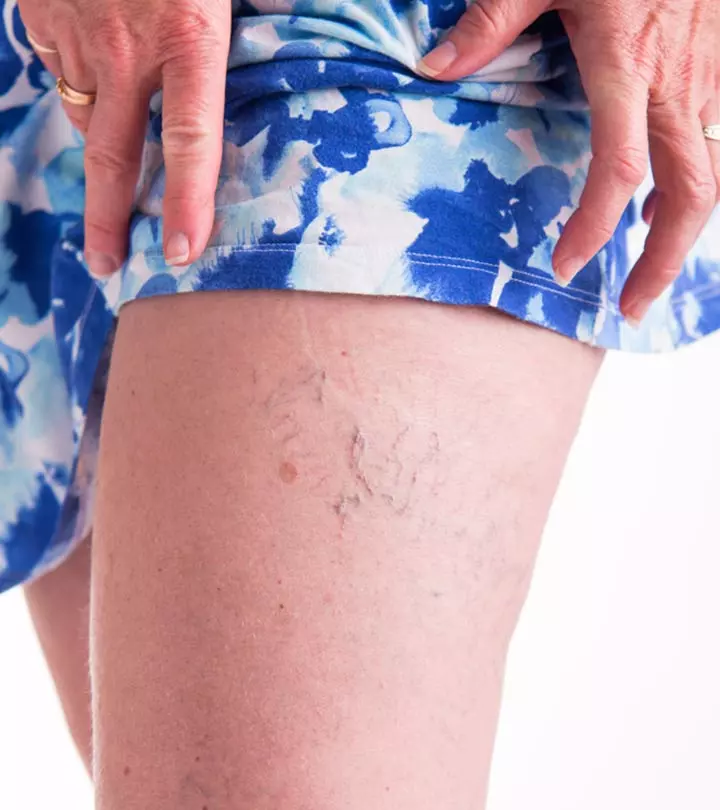
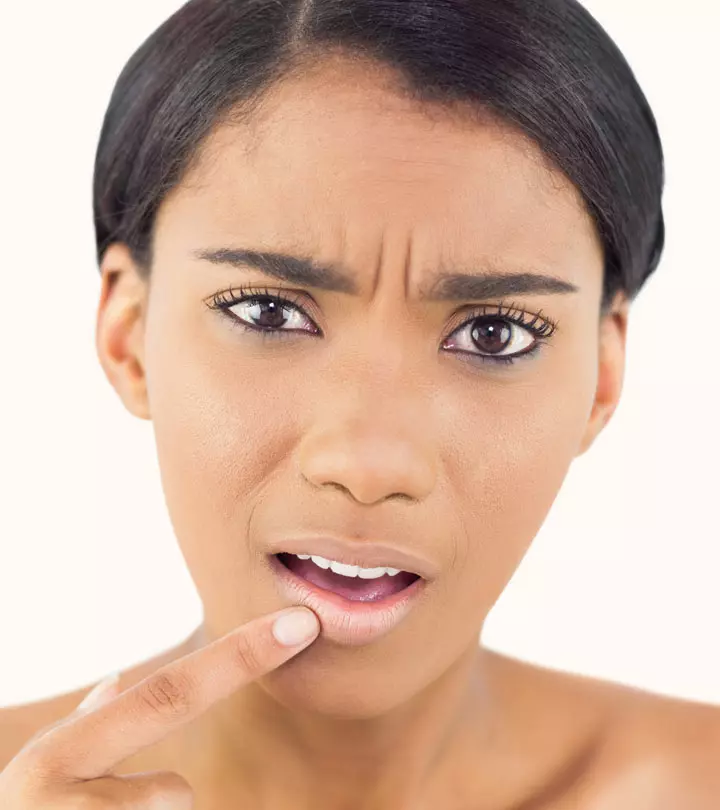


Community Experiences
Join the conversation and become a part of our empowering community! Share your stories, experiences, and insights to connect with other beauty, lifestyle, and health enthusiasts.